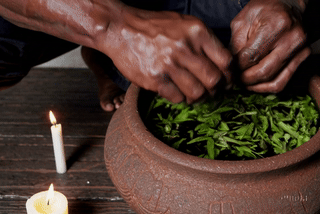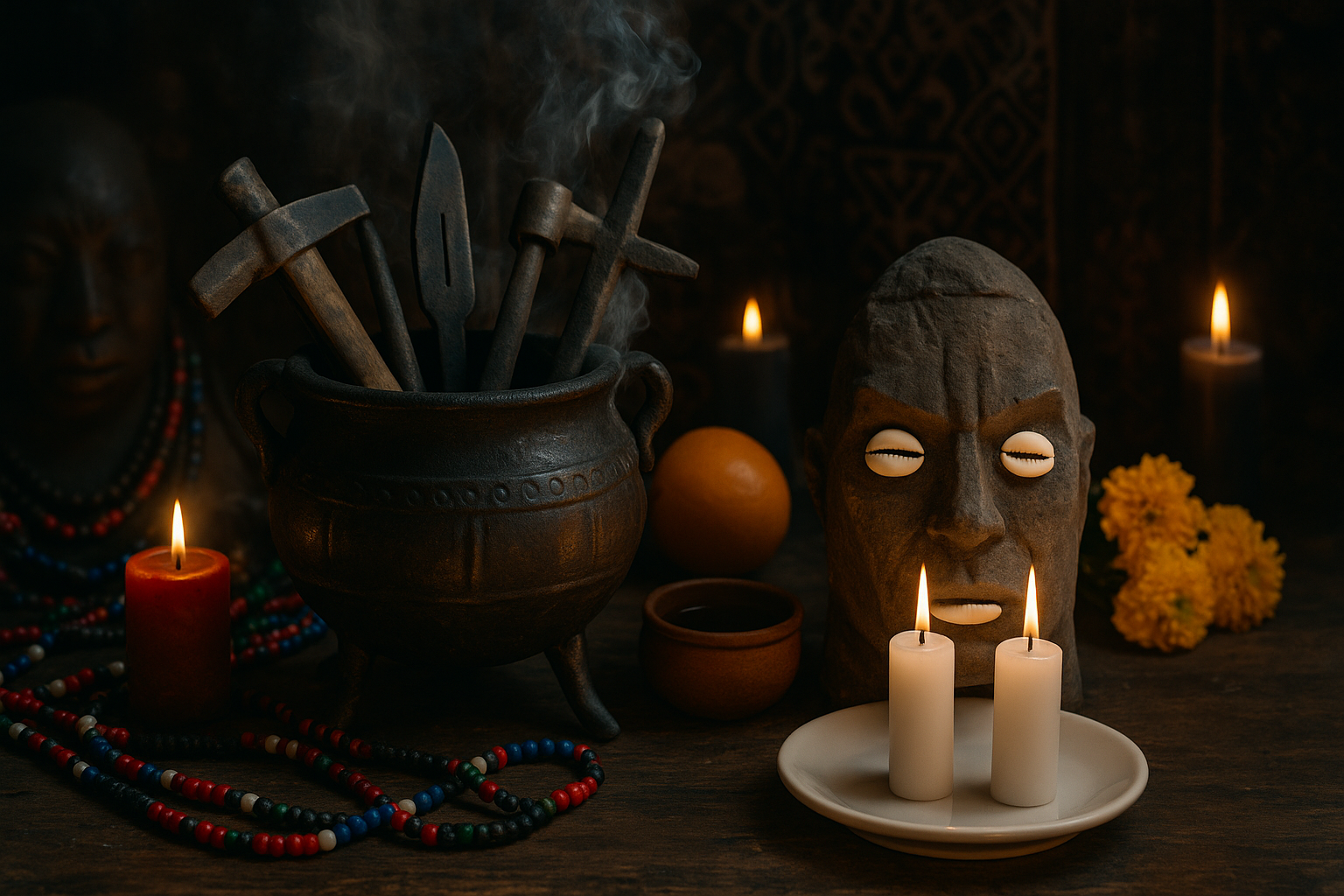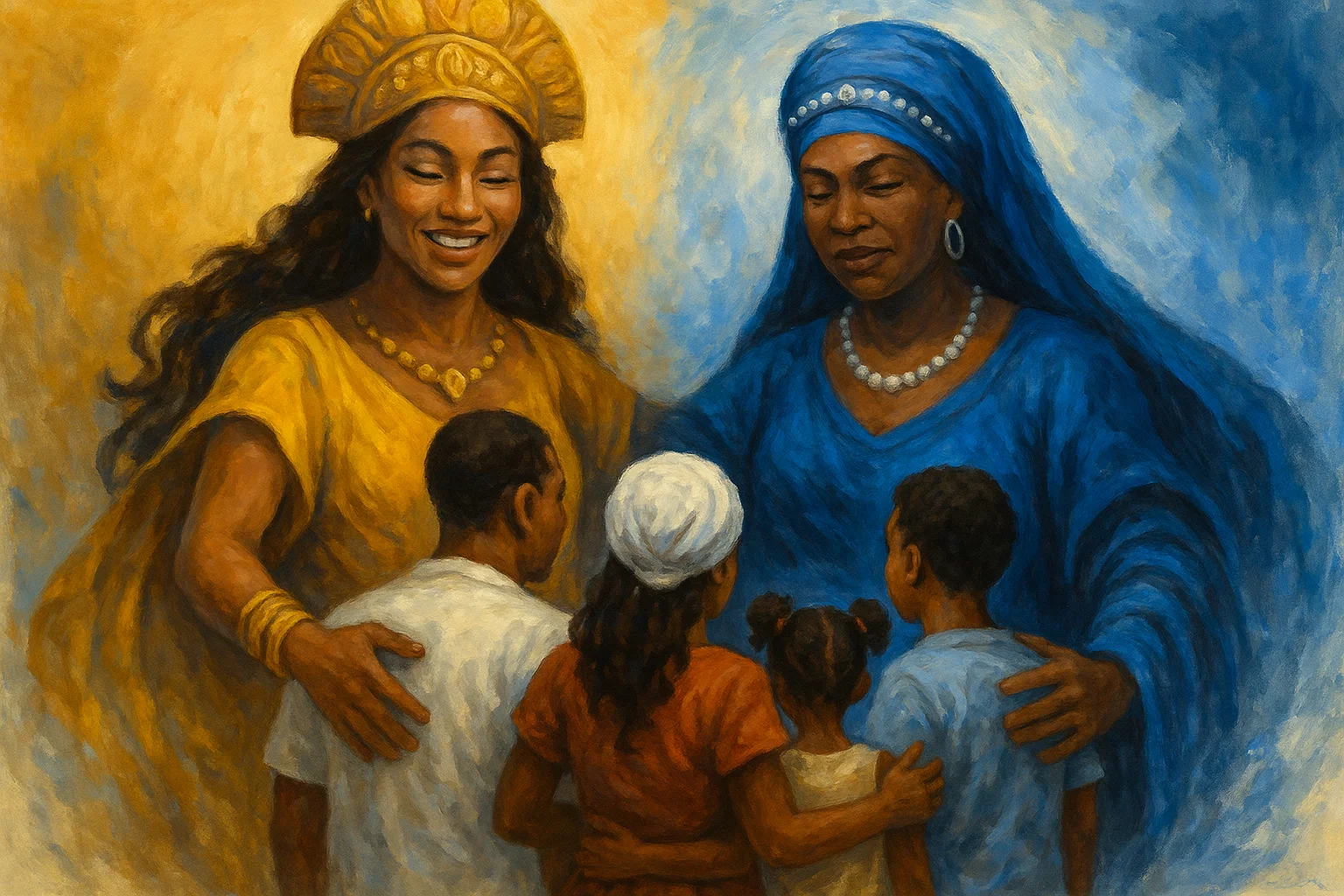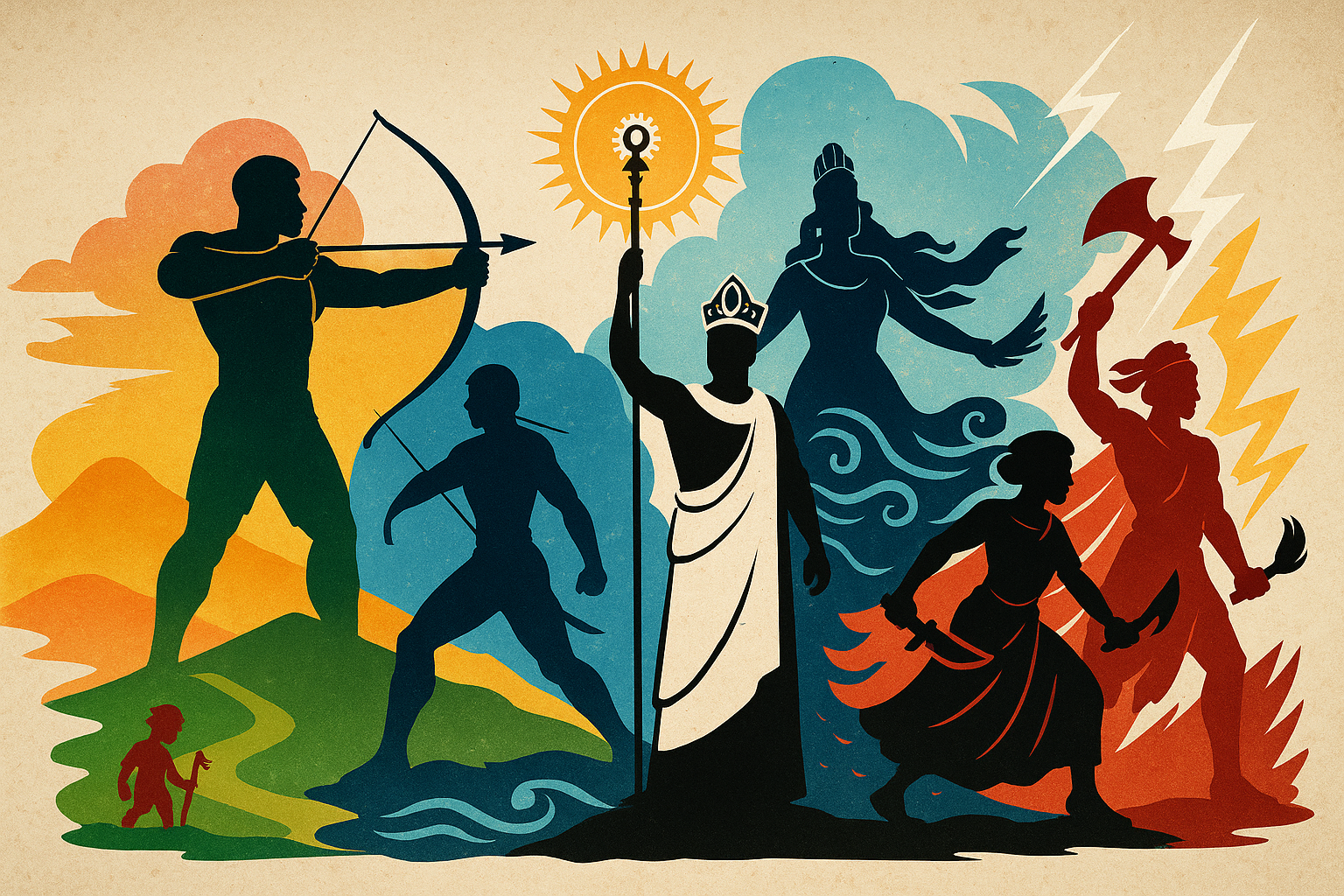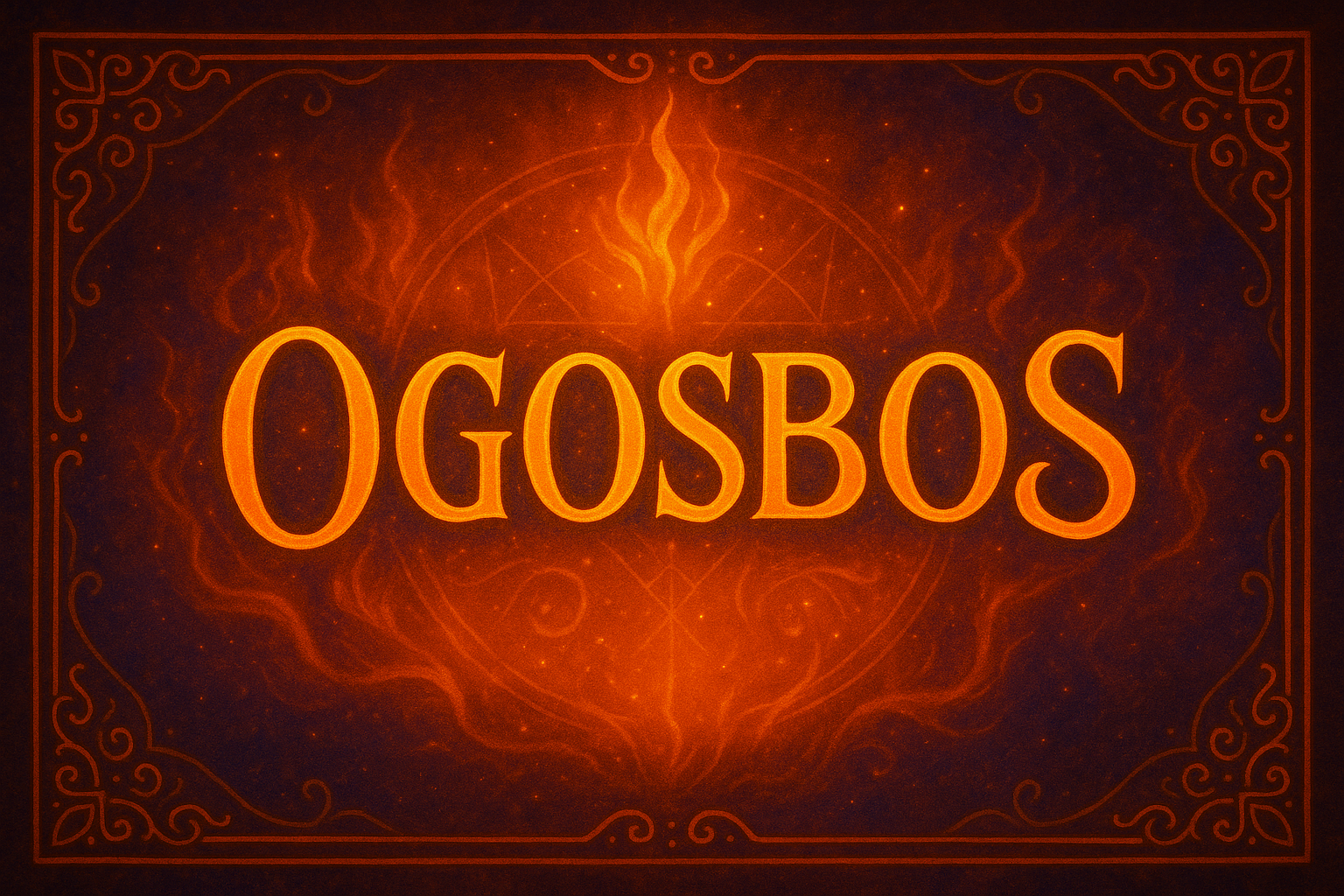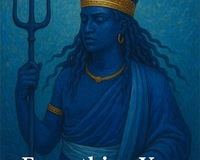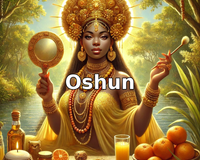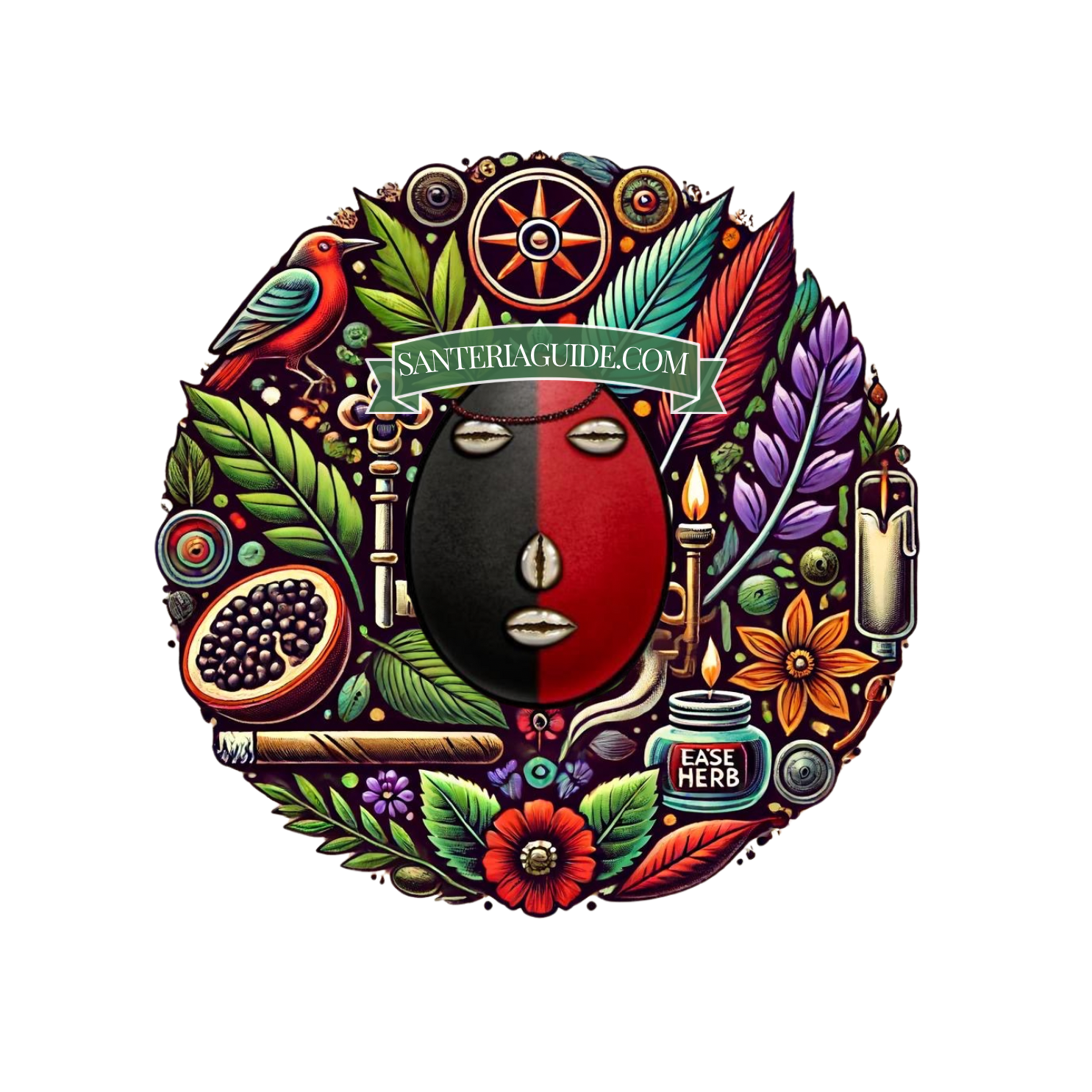Osogbo (Spiritual Misfortunes)
-
Osogbo
-
English: General term for spiritual misfortune, adversity, or imbalance; indicates that things are out of harmony and blocking blessings or progress.
-
Lukumí / Notes: Opposite of iré; must be addressed through ebó, purification, or corrective ritual work to restore alignment.
-
-
Osogbo Arun (Aro)
-
English: Misfortune of sickness or disease—can be physical, emotional, or spiritual illness that debilitates the person.
-
Lukumí / Notes: Often appears connected to Babalu Ayé or Obatalá; healing baths, herbal remedies, and specific offerings are used to remedy it.
-
-
Osogbo Ofo
-
English: Misfortune of loss—loss of a person, status, opportunity, spiritual power, or other valued aspect.
-
Lukumí / Notes: May require recovery rituals, releases, or restitution to reclaim balance and recover what was lost.
-
-
Osogbo Eyonu / Otonú / Otoniwa
-
English: Misfortune of envy or negative attention—being targeted by jealousy, covert harm, or malicious spiritual pressure.
-
Lukumí / Notes: Protective and cutting works involving Eleguá, Ochún, and defensive ebó are typical to break and neutralize this influence.
-
-
Osogbo Arayé
-
English: Misfortune of conflict, discord, or interpersonal strife—quarrels, arguments, or breakdowns in relationship harmony.
-
Lukumí / Notes: Calls for reconciliation, peace offerings, and sometimes mediation through spiritual intermediaries to restore peace.
-
-
Osogbo Iña
-
English: Misfortune of tragedy or great loss—deep suffering often with ancestral or karmic roots.
-
Lukumí / Notes: A heavy spiritual wound requiring strong intervention, potentially including ancestral work or major ebó.
-
-
Osogbo Okan
-
English: Misfortune of sorrow, depression, or broken heart—emotional and spiritual blockage affecting one’s inner life.
-
Lukumí / Notes: Frequently addressed with work involving Oshún, head feeding (rogación de cabeza), or alignment of Orí to uplift the spirit.
-
-
Osogbo Akoba
-
English: Misfortune of sudden unexpected disaster or upheaval.
-
Lukumí / Notes: Can sometimes be mitigated if caught early via divination; otherwise requires cleansing and spiritual rebalancing after impact.
-
-
Osogbo Iku Lobi Ocha
-
English: “Death tries to take the Orisha”—a critical spiritual crisis threatening one’s core connection to their Orisha or foundational spiritual structure.
-
Lukumí / Notes: Symbolic and severe; usually handled by senior priests with preservation rites and deep consultation.
-
-
Osogbo Ikú
-
English: Misfortune of death—literal death or symbolic death (loss of identity, project, relationship, etc.).
-
Lukumí / Notes: One of the most feared osogbos; demands immediate attention to determine cause and enact protective or restorative work.
-
-
Osogbo Epe
-
English: Misfortune through curse or negative spoken word—spiritual attack delivered via harmful language, malediction, or hex.
-
Lukumí / Notes: Focused on reversal, breaking, and cleansing rituals to restore lost or damaged aché.
-
-
Tiya-tiya
-
English: Malicious gossip and negative speech that spreads division, undermines unity, and stalls spiritual growth.
-
Lukumí / Notes: Considered a “spiritual pandemic”; practitioners are urged to avoid it and foster mindful, harmonious communication.
-
